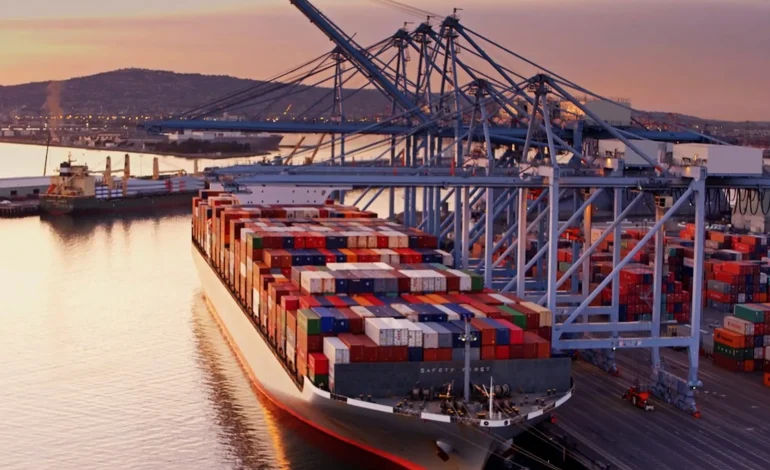With President-elect Donald Trump set to impose import tariffs on products entering the United States from China, Mexico, and Canada, many American consumers are bracing for price hikes.
As part of his campaign promises, Trump has vowed to implement steep tariffs on goods from these countries starting on his first day in office. While the exact details remain unclear, experts predict that these tariffs could lead to higher costs for a wide variety of products.
Tariffs, which are essentially taxes on imported goods, are expected to increase prices for many consumer items. A recent University of Chicago survey found that more than 90% of economists believe consumers will bear at least a substantial portion of these costs.
The impact of these tariffs could be felt across a broad spectrum of goods, ranging from electronics to clothing and even toys. According to Robert Handfield, a professor at North Carolina State University, common consumer items such as apparel, footwear, electronics, and toys are likely to see price hikes due to the tariffs on imports from China and Mexico. The National Retail Federation (NRF) has identified more than 500 items of clothing that could become more expensive as a result of these tariffs.
Economists, however, suggest that some categories of goods are more likely to be affected than others. James Knightley, Chief International Economist at ING, predicts that high-value and high-tech products, such as automobiles, large appliances, and computer chips, will be the focus of the Trump administration’s trade negotiations. These items are not only central to the economy but also tied to national security concerns.
Experts suggest that the price increases due to the tariffs will be gradual at first, followed by more immediate hikes. Tim Quinlan, senior economist at Wells Fargo, notes that consumers may begin to anticipate price increases even before the tariffs are officially enacted. This could lead to an initial surge in demand for products like cars or big-ticket appliances, which could further drive up prices.
Once tariffs are in place, certain products like gasoline and cars could see immediate price increases. Robert Handfield warns that tariffs on oil from Canada could result in higher gas prices, while car prices may rise quickly due to the reliance on Mexican-made vehicle parts.
Other goods, like steel and aluminum, could experience delays in price changes as the tariff implementation process may take several months. Still, once tariffs are enacted, retailers will likely pass on the increased costs to consumers, although the timing of those increases will vary depending on supply chains.
While it’s tempting to rush out and stock up on items before the tariffs take effect, experts advise caution. Tim Quinlan suggests that it’s not realistic to hoard every potential affected item, especially perishable goods like fruits and vegetables. Additionally, stockpiling can sometimes create its own problems, such as empty shelves and higher prices driven by panic buying.
However, for major purchases, there may be some strategic advantage to buying ahead. If you’re in the market for a car, for example, it could be wise to make the purchase before the tariffs hit, as prices may rise once the new trade policies are enacted. Appliances like washing machines and refrigerators, which are often produced in Mexico, may also become more expensive. James Knightley suggests taking advantage of Black Friday sales if you’re planning to buy a new washing machine or air conditioner.
For consumers planning ahead, some purchases may be more beneficial to make now rather than waiting. Electronics such as smartphones, laptops, and gaming consoles are expected to rise in price significantly due to tariffs on Chinese imports. The Consumer Technology Association (CTA) has estimated that smartphones could see price hikes of 26%, while laptops and tablets could cost as much as 45% more due to tariffs.
Similarly, household appliances like vacuums, hair dryers, and kitchen gadgets may become more expensive. NRF estimates that the average cost of a household appliance could rise by nearly 20%. If you were already planning to buy a new appliance, now might be a good time to take advantage of current prices before the tariffs kick in.
Toys, particularly those imported from China, are also likely to become more expensive. The NRF estimates that some toys could see price increases of up to 36%, so parents may want to consider buying holiday gifts sooner rather than later.









